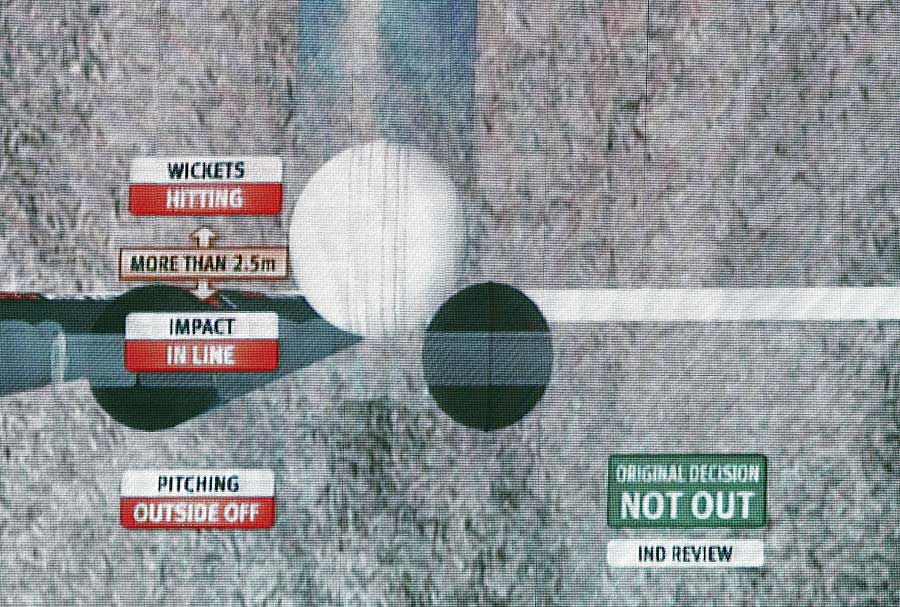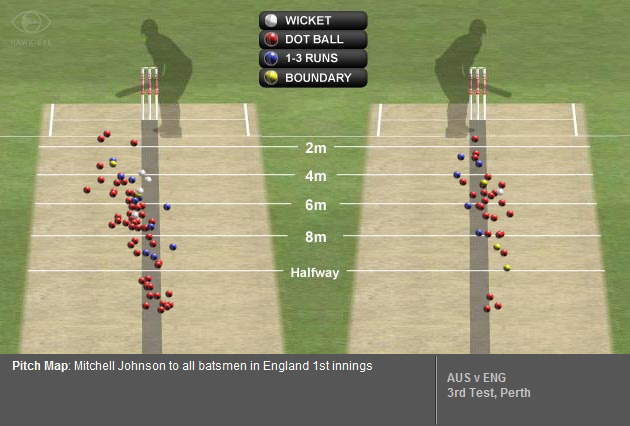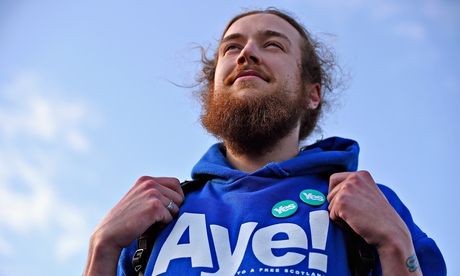From Enron to Wirecard, elaborate scams can remain undetected long after the warning signs appear. What are investors missing? Tom Straw in The FT
In March 2020, the star English fund manager Alexander Darwall spoke admiringly to the chief executive at one of the largest investments in his award-winning portfolio. “The last set of numbers are fantastic,” he gushed, adding: “This is a crazy situation. People should be looking at your company and saying ‘wow’. I’m delighted, I’m delighted to be a shareholder.”
Seated in a swivel chair at his personal conference table, Markus Braun sounded relaxed. The billionaire technologist was dressed all in black, a turtleneck under his suit like some distant Austrian cousin of the late Steve Jobs, and he had little to say about swirling allegations the company had faked its profits for years. “I am very optimistic,” he offered, when Darwall voiced his hope that the controversy would amount to nothing more than growing pains at a fast expanding company.
“I haven’t sold a single share,” Darwall assured him, doing most of the talking, while also acknowledging how precarious the situation was. The Financial Times had reported in October 2019 that large portions of Wirecard’s sales and profits were fraudulent, and published internal company documents stuffed with the names of fake clients. A six-month “special audit” by the accounting firm KPMG was approaching completion. “If it shows anything that senior people misled, that would be a disaster,” Darwall said.
His assessment proved correct. Three months later the company collapsed like a house of cards, punctuated by a final lie: that €1.9bn of its cash was “missing”. In fact, the money never existed and Wirecard had for years relied on a fraud that was almost farcical in its simplicity: a few friends of the company claimed to manage huge amounts of business for Wirecard, with all the vast profits from these partners said to be collected in special bank accounts overseen by a Manila-based lawyer with a YouTube following. Braun, who claims to be a victim of a protégé with security services connections who masterminded the scheme and then absconded to Belarus, faces a trial this autumn alongside two subordinates that will examine how the final years of the fraud were accomplished.
Left behind in the ashes, however, is a much larger question, one which haunts all victims of such scams: how on earth did they get away with it for so long? Wirecard faces serious questions about the integrity of its accounts since at least 2010. Estimates for losses run to more than €20bn, never mind the reputation of Frankfurt as a financial centre. Why did so many inside and outside the company — a long list of investors, bankers, regulators, prosecutors, auditors and analysts — look at the evidence that Wirecard was too good to be true and decide to trust Braun?
---
In 2019 I worked with whistleblowers to expose Wirecard, using internal documents to show the true source of its spellbinding growth in sales and profit. As I faced Twitter vitriol and accusations I was corrupt, the retired American short-seller Marc Cohodes regularly rang me from wine country on the US west coast to deliver pep talks and describe his own attempts to persuade German journalists to see Wirecard’s true colours. “Keep going Dan. I always say, ‘there’s never just one cockroach in the kitchen’.”
He was right on that point: find one lie and another soon follows. But short-sellers who search for overvalued companies to bet against are unusual, because they go looking for fraud and skulduggery. Most investors are not prosecutors fitting facts into a pattern of guilt: they don’t see a cockroach at all.
Think of Elizabeth Holmes, another aficionado of the black turtleneck, who persuaded a group of experts and well-known investors to back or advise her company, Theranos, based on the claim it had technology able to deliver medical results from an improbably small pinprick of blood. The involvement of reputable people and institutions — including retired general James Mattis, former secretary of state Henry Kissinger and former Wells Fargo chief executive Richard Kovacevich as board members — seemed to confirm that all was well.
Another problem is that complex frauds have a dark magic that is different to, say, “Count” Victor Lustig personally persuading two scrap metal dealers he could sell them a decaying Eiffel Tower in 1925. As Dan Davies wrote in his history of financial scams, Lying for Money, “the way in which most white-collar crime works is by manipulating institutional psychology. That means creating something that looks as much as possible like a normal set of transactions. The drama comes much later, when it all unwinds.”
What such frauds exploit is the highly valuable character of trust in modern economies. We go through life assuming the businesses we encounter are real, confident that there are institutions and processes in place to check that food standards are met or accounts are prepared correctly. Horse meat smugglers, Enron and Wirecard all abused trust in complex systems as a whole. To doubt them was to doubt the entire structure, which is what makes their impact so insidious; frauds degrade faith in the whole system.
Trust means not wasting time on pointless checks. Most deceptions would generally have been caught early on by basic due diligence, “but nobody does confirm the facts. There are just too bloody many of them”, wrote Davies. It makes as much sense for a banker to visit every outpost of a company requiring a loan as it would for the buyer of a pint of milk to inquire after the health of the cow. For instance, by the time John Paulson, one of the world’s most famous and successful hedge fund managers, became the largest shareholder in Canadian-listed Sino Forest, its shares had traded for 15 years. Until the group’s 2011 collapse, few thought of travelling to China to see if its woodlands were there.
---
Yet what stands out in the case of Wirecard are the many attempts to check the actual facts. In 2015 a young American investigator, Susannah Kroeber, tried to knock on the doors at several remote Wirecard locations. Between 2010 and 2015 the company claimed to have grown in a series of leaps and bounds by buying businesses all over Asia for tens of millions of euros apiece. In Laos she found nothing at all, in Cambodia only traces. Wirecard’s reception area in Vietnam was like a school lunchroom; the only furniture was a picnic table for six and an open bicycle lock hung from one of the internal doors, a common security measure usually removed at a business expecting visitors. The inside was dim, with only a handful of people visible and many desks empty. She knew something wasn’t right, but she also told me that while she went half mad looking for non-existent addresses on heat-baked Southeast Asian dirt roads, she had an epiphany: “Who in their right mind would go to these lengths just to check out a stock investment?”
Even when Kroeber’s snapshots of empty offices were gathered into a report for her employer, J Capital Research, and presented to Wirecard investors, the response reflected preconceived expectations: these are reputable people, EY is a good auditor, why would they be lying? The short seller Leo Perry described attending an investor meeting where the report was discussed. A French fund manager responded by reporting his own due diligence. He’d asked his secretary to call Wirecard’s Singapore office, the site of its Asian headquarters, and could happily report that someone there had picked up the phone.
The shareholders reacted at an emotional level, showing how fraud exploits human behaviour. “When you’re invested in the success of something, you want to see it be the best it can be, you don’t pay attention to the finer details that are inconsistent”, says Martina Dove, author of The Psychology of Fraud, Persuasion and Scam Techniques. She adds that social proof and deference to authority, such as expert accounting firms, were powerful forces when used to spread the lies of crooks: “If a friend recommends a builder, you trust that builder because you trust your friend.”
Wirecard’s response, in addition to taking analysts on a tour of hastily well-staffed offices in Asia, was to drape itself in complexity. Like WeWork, the office space provider that presented itself as a technology company (and which wasn’t accused of fraud), Wirecard waved a wand of innovation to make an ordinary business appear extraordinary.
At heart, Wirecard’s legitimate operations processed credit and debit card payments for retailers all over the world. It was a competitive field with many rivals, but Wirecard claimed to have become a European PayPal and more, outpacing the competition with profit margins few could match. Wirecard was “a technology company with a bank as a daughter”, Braun said, one using artificial intelligence and cutting-edge security. As the share price rose, so did Braun’s standing as a technologist who heralded the arrival of a cashless society. Who were mere investors to suggest that the results of this whirligig, with operations in 40 countries, were too good to be true?
It seems to me Wirecard used a similar tactic to the founder of software group Autonomy, Mike Lynch, who charged that critics simply didn’t understand the business. (Lynch has lost a civil fraud trial relating to the $11bn sale of the group, denied any wrongdoing, said he will appeal, and is fighting extradition to the US to face fraud charges. Autonomy’s former CFO was convicted of fraud in separate American proceedings.)
When this publication presented internal documents describing a book cooking operation in Singapore, Wirecard focused on the amounts at stake, which were initially small, rather than the unpunished practices of forgery and money laundering, which were damning.
Then there was the thrall of German officials. Three times, in 2008, 2017, and 2019, the financial market regulator BaFin publicly investigated critics of Wirecard, taken by observers as a signal of support. Indeed, BaFin fell for the big lie when faced with an unenviable choice of circumstances: either foreign journalists and speculators were conspiring to attack Germany’s new technology champion using the pages of a prominent newspaper; or senior executives at a DAX 30 company were lying to prosecutors, as well as some of Germany’s most prestigious banks and investment houses. Acting on a claim by Wirecard that traders knew about an FT story before publication, regulators suspended short selling of the stock to protect the integrity of financial markets.
Proximity to the subject won out, but the German authorities were hardly the first to fail in this way. Their US counterparts ignored the urging of Harry Markopolos to investigate the Ponzi schemer Bernard Madoff, a former chairman of the Nasdaq whose imaginary $65bn fund sent out account statements run off a dot matrix printer.
---
For some long-term investors, to doubt Wirecard was surely to doubt themselves. Darwall first invested in 2007, when the share price was around €9. As it rose more than tenfold, his investment prowess was recognised accordingly, attracting money to the funds he ran for Jupiter Asset Management, and fame. He knew the Wirecard staff, they had provided advice on taking payments for his wife’s holiday rental. Naturally he trusted Braun.
Darwall did not respond to requests for comment made to his firm, Devon Equity Management.
In the buildings beyond the shades of Braun’s office, staff rationalised what didn’t fit. Wirecard was a tech company, yet in early 2016 it suffered a tech disaster. On a quiet Saturday afternoon, running down a list of routine maintenance, a tech guy made a typo. He entered the wrong command when decommissioning a Linux server. Instead of taking out the one machine, he watched with rising panic as it killed all of them, pulling the plug on almost the entire company’s operations without warning.
Customers were in the dark, as email was offline and Wirecard had no weekend helpline, and it took days for services to recover. Following the incident, a small but notable proportion of clients left and new business was put on hold as teams placated those they already had, staff recalled. Yet the pace of growth in the published numbers remained strong.
Martin Osterloh, a salesman at Wirecard for 15 years, put the mismatch between claims and capabilities down to spin. Only after the fall was the extent of Wirecard’s hackers, private detectives, intimidation and legal threats exposed to the light. Haphazard lines of communication, disorganisation and poor record keeping created excuses for middle-ranking Wirecard staff and its supervisory board, stories to tell themselves about a failure to integrate and start-up’s culture of experimentation.
It was perhaps not as hard to believe as we might think. Facebook, which has probed the legal boundaries of surveillance capitalism, famously encouraged staff to “move fast and break things”. Business questions often shade grey before they turn black. As Andrew Fastow said of his own career as a fraudster, “I wasn’t the chief finance officer at Enron, I was the chief loophole officer.”
Braun’s protégé was chief operating officer Jan Marsalek, a mercurial Austrian who constantly travelled and struck deals, with no real team to speak of. Boasting that he only slept “in the air”, he would appear at headquarters from one flight with a copy of Sun-Tzu’s The Art of War tucked under an arm, then leave a few hours later for the next. Questions were met with a shrug, that strange arrangements reflected Marsalek’s “chaotic genius”. As scrutiny intensified in the final 18 months, the fraudulent imitation shifted to problem solving, allowing board members and staff to think they were engaged in procedures to improve governance.
After the collapse I shared pretzels with Osterloh on a snowy day in Munich and he seemed embarrassed by events. He and thousands of others had worked on a real business, until they were summarily fired and learned it lost money hand over fist. Osterloh spoke for many when he said: “I’m like the idiot guy in a movie, I got to meet all these guys. The question arises, why were we so naive? And I can’t really answer that question.”








